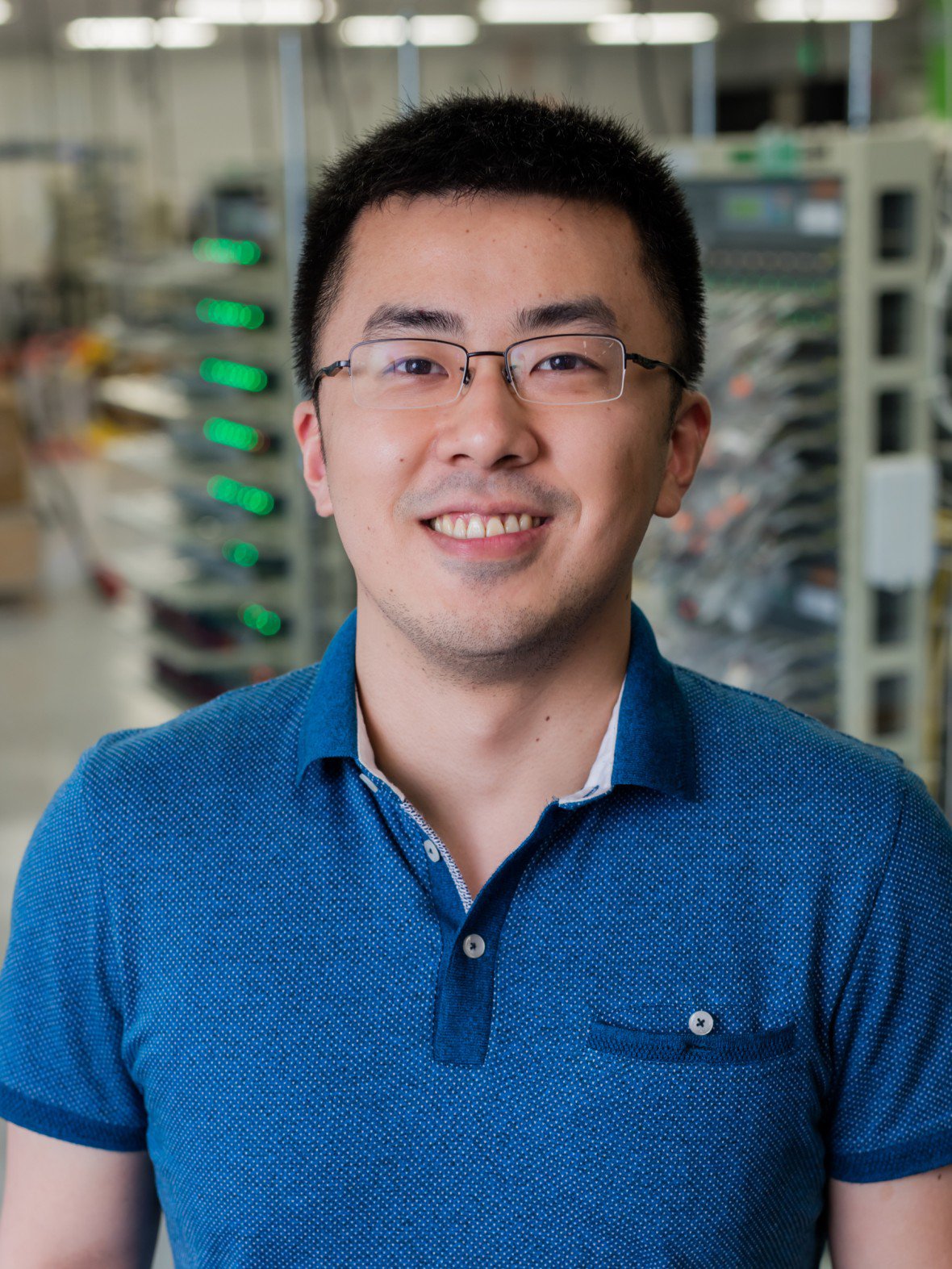Energy & sustainability
Qichao Hu
On the cusp of the next big battery breakthrough

Europe
Rebecca Saive
She has invented a manufacturing method for solar cells that could make the global adoption of photovoltaics cheaper and faster

Global
Anurag Bajpayee
His approaches can treat dirty wastewater and can make desalination more efficient

China
Zhu Liu
Tackling climate change with negative emission technology: the carbon uptake by cement

Europe
Eirik Eide Pettersen
His safer and cheaper nuclear reactor could eliminate energy poverty without increasing carbon emissions
